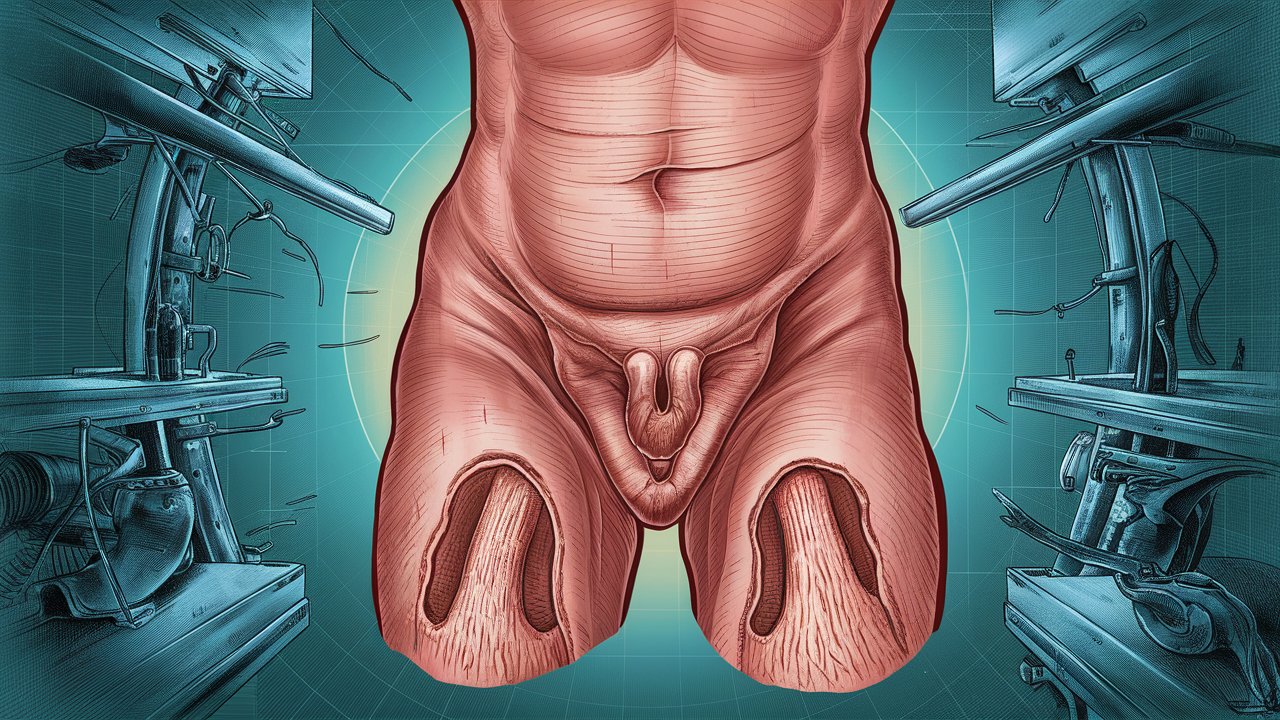
Anorchidism is a rare condition where a person is born without one or both testes. How rare is it? It affects about 1 in 20,000 male births. This condition can lead to various health challenges, including hormonal imbalances and infertility. What causes it? The exact cause remains unclear, but it may involve genetic factors or issues during fetal development. How is it diagnosed? Doctors use physical exams, hormone tests, and imaging studies. Can it be treated? Hormone replacement therapy and surgical options exist to manage symptoms and improve quality of life. Understanding anorchidism helps in supporting those affected and raising awareness.
What is Anorchidism?
Anorchidism, also known as congenital anorchia, is a rare condition where a person is born without one or both testes. This can have significant implications for physical development and reproductive health. Here are some intriguing facts about this condition.
-
Rare Condition: Anorchidism affects approximately 1 in 20,000 male births. Its rarity makes it a subject of interest in medical research.
-
Developmental Issue: The condition occurs when the testes fail to develop within the first eight weeks of fetal growth. This early developmental stage is crucial for the formation of male reproductive organs.
-
Hormonal Impact: Without testes, the body lacks the primary source of testosterone, a hormone essential for male physical development and fertility.
-
Diagnosis: Anorchidism is often diagnosed through a combination of physical examination, ultrasound, and blood tests to measure hormone levels.
-
Genetic Factors: Some cases of anorchidism are linked to genetic mutations or chromosomal abnormalities, though the exact cause is often unknown.
Symptoms and Signs
Recognizing the symptoms of anorchidism can help in early diagnosis and management. Here are some common signs to look out for.
-
Absent Testes: The most obvious sign is the absence of one or both testes in the scrotum, which can be detected during a physical examination.
-
Delayed Puberty: Boys with anorchidism may experience delayed puberty due to the lack of testosterone production.
-
Infertility: Without testes, sperm production is impossible, leading to infertility in affected individuals.
-
Undeveloped Secondary Sexual Characteristics: Lack of testosterone can result in underdeveloped secondary sexual characteristics like facial hair, deep voice, and muscle mass.
-
Small Penis Size: The penis may be smaller than average due to insufficient hormonal stimulation during development.
Treatment Options
While anorchidism cannot be cured, several treatment options can help manage the condition and improve quality of life.
-
Hormone Replacement Therapy: Testosterone replacement therapy is often prescribed to stimulate the development of secondary sexual characteristics and support overall health.
-
Psychological Support: Counseling and support groups can help individuals cope with the emotional and psychological impact of the condition.
-
Fertility Treatments: Assisted reproductive technologies, such as sperm donation, can help individuals with anorchidism achieve parenthood.
-
Surgical Options: Prosthetic testes can be surgically implanted to create a more typical appearance of the scrotum.
Living with Anorchidism
Living with anorchidism presents unique challenges, but with proper management, individuals can lead fulfilling lives.
-
Regular Monitoring: Regular check-ups with a healthcare provider are essential to monitor hormone levels and overall health.
-
Healthy Lifestyle: Maintaining a healthy lifestyle, including a balanced diet and regular exercise, can help manage symptoms and improve well-being.
-
Education and Awareness: Educating oneself and others about anorchidism can reduce stigma and promote understanding.
-
Advocacy and Support: Joining advocacy groups and support networks can provide valuable resources and a sense of community.
-
Personalized Care: Treatment and management plans should be tailored to the individual's specific needs and circumstances.
-
Positive Outlook: With the right support and treatment, individuals with anorchidism can lead happy, productive lives.
Understanding Anorchidism
Anorchidism, a rare condition where one or both testes are absent at birth, affects a small percentage of the population. Early diagnosis is crucial for managing health and developmental concerns. Hormone replacement therapy often plays a key role in treatment, helping individuals lead healthy lives. Genetic counseling can provide valuable insights for families, offering support and guidance.
Awareness and education about anorchidism are essential. By understanding the condition, society can foster a more inclusive environment for those affected. Medical advancements continue to improve the quality of life for individuals with anorchidism, highlighting the importance of ongoing research.
Remember, knowledge empowers. The more we learn about conditions like anorchidism, the better equipped we are to support those living with it. Stay informed, stay compassionate, and continue to advocate for awareness and understanding.
Was this page helpful?
Our commitment to delivering trustworthy and engaging content is at the heart of what we do. Each fact on our site is contributed by real users like you, bringing a wealth of diverse insights and information. To ensure the highest standards of accuracy and reliability, our dedicated editors meticulously review each submission. This process guarantees that the facts we share are not only fascinating but also credible. Trust in our commitment to quality and authenticity as you explore and learn with us.


